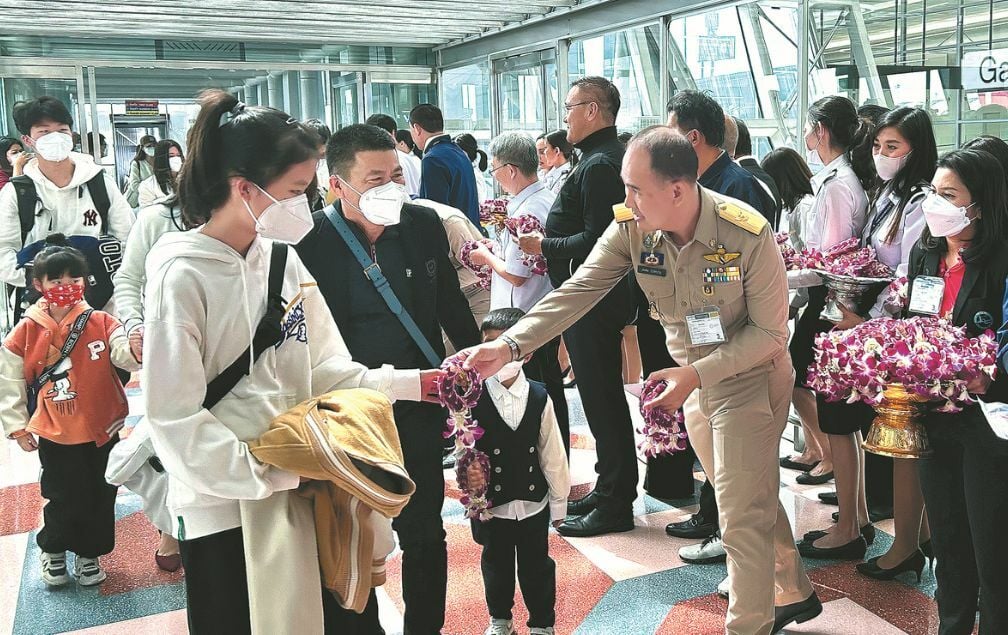Tourism safety concerns: Thai Government urged to reassure China

The Thai administration is being prodded to collaborate with Beijing before implementing a visa-exemption scheme for Chinese tourists, as the country’s image suffers due to its portrayal as a transit hub for fraudulent activities in recent Chinese media, hindering tourism safety.
A Chinese film titled No More Bets, which revolves around scammer networks in Southeast Asia, grossed a whopping US$505 million in its initial five weeks. The thriller topped China’s box office in August, simultaneously souring Chinese sentiment towards travelling to Southeast Asia, according to Surawat Akaraworamat, vice-president of the Tourism Council of Thailand.
Since March, the region has been witnessing a slump in Chinese tourists, triggered by an incident where Chinese visitors were abducted in Thailand and transported to a neighbouring country. This sentiment was exacerbated by numerous Chinese online content creators highlighting the risks associated with travelling in Thailand, adversely impacting tourism safety in the country.
Surawat Akaraworamat voiced his concern over the potential ineffectiveness of the visa-free policy in stimulating tourism, as other countries plan to offer similar incentives to attract Chinese travellers. He noted that tour operators in China are encouraged by Thailand’s proposed visa policy, yet the primary deterrent for Chinese tourists remains safety concerns. He suggested that a visa-free programme might not yield the desired results if the negative perception of Thailand persists in China.
Surawat underscored the need for the Thai government to collaborate with China to address this delicate issue and assuage the concerns of Chinese citizens. He mentioned that despite the crux of the scammer networks being situated in neighbouring countries, the perception that Thailand serves as a transit hub for these fraudulent activities persists, discouraging Chinese tourists.
The vice-president suggested that Prime Minister Srettha Thavisin should consider making an official visit to China to strengthen economic ties, forge investment partnerships, and assure the Chinese government of Thailand’s safety. Furthermore, he emphasised that the Royal Thai Police’s efforts in tackling scammer networks would be futile if not communicated effectively to potential tourists.
Echoing Surawat’s sentiments, Chuwit Sirivejkul, regional director of marketing for East Asia at the Tourism Authority of Thailand, stated that the reduced confidence in traveller safety is more likely to affect the growth of Chinese tourists than the visa application process. He suggested that the Thai government should issue a statement assuring tourists about safety to regain their confidence.
Chuwit pointed out that numerous countries are altering their visa policies to entice Chinese travellers. For instance, South Korea, which has already waived visa requirements for student groups, plans to extend this benefit to tourist groups this year to boost the slow growth in the Chinese market.
As of September 3, Thailand has attracted 2.2 million Chinese tourists and has a target of luring an additional 2.8 million travellers within the remaining four months of the year to reach its goal of 5 million for this year, reported Bangkok Post.
Follow more of The Thaiger’s latest stories on our new Facebook page HERE.
Latest Thailand News
Follow The Thaiger on Google News:


























